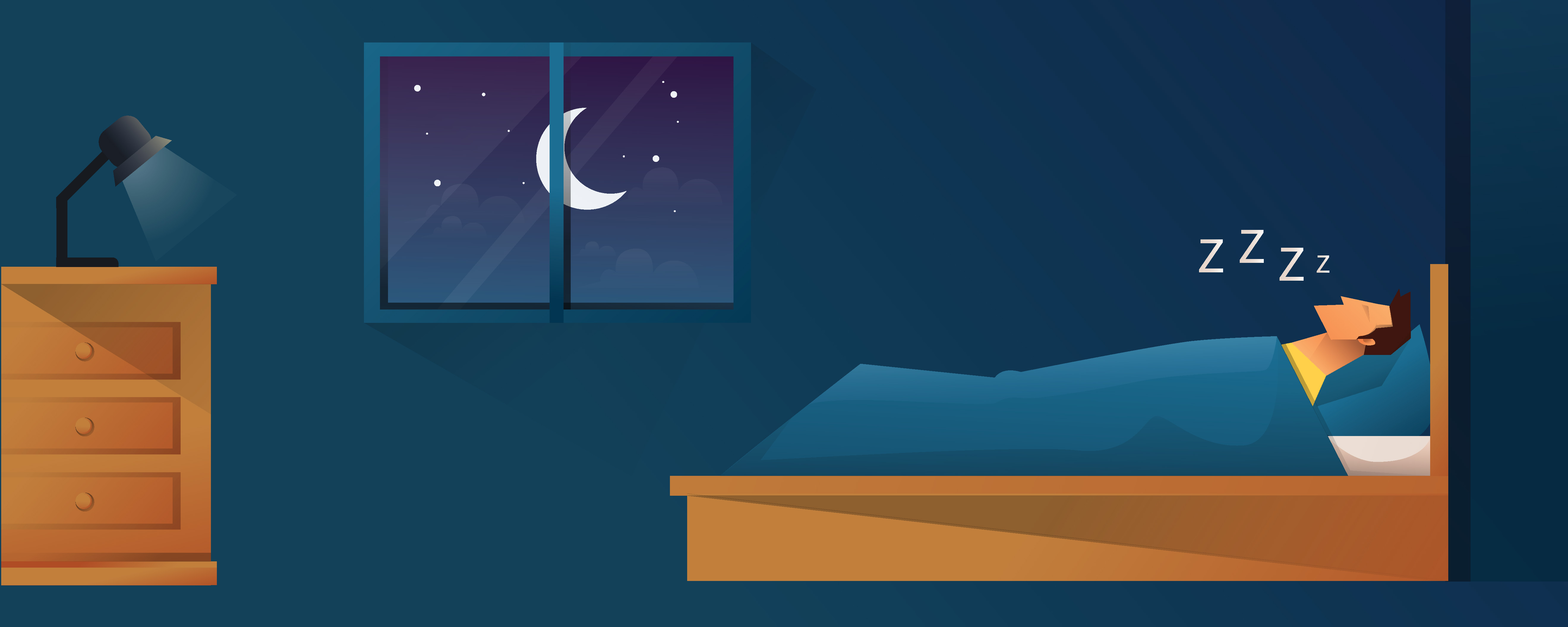Getting enough sleep is important for people of all ages to stay in good health.
Sleep plays a crucial role in our daily lives and can impact many aspects of our health and well-being.
According to the Centers for Disease Control and Prevention (CDC), insufficient sleep in children and adolescents can lead to various health issues, such as obesity, type 2 diabetes, poor mental health and injuries. Moreover, they may suffer from attention and behavior problems, which can negatively impact their academic performance.
For adults, the CDC reports that not getting enough sleep is linked with many chronic diseases and conditions like type 2 diabetes, heart disease, high blood pressure, kidney disease, obesity, stroke, dementia, cancer and depression, among others.
The CDC recommends that adults get at least seven hours of sleep each night, while students should aim for eight to ten hours, depending on their age. Getting enough sleep can help improve concentration, performance and overall well-being.
Here are some tips to help you prioritize sleep health:
1. Go to bed and wake up at the same time each day, weekends included.
Following a strict sleep schedule is important when regulating our body’s internal clock, also known as a circadian rhythm, a biological mechanism that controls the sleep-wake cycle. Consistency will help reinforce your circadian rhythm, which ultimately supports healthy digestion, immunity and quality sleep – sleep that is restful and restorative.
2. Remove distracting electronic devices from the bedroom.
Using electronics in bed has quickly become a habit for many people. In a recent study, 70 percent of participants used electronic devices in their bedroom or in bed. This technology interferes with sleep because these devices emit blue light, which is found to reduce or delay our natural production of melatonin in the evening and decrease natural feelings of sleepiness.
The Sleep Foundation has suggestions to help you keep your bedroom technology-free. A technology-free bedroom can enhance sleep by preventing multiple problems associated with using electronic devices at night.
Consider swapping out electronics with stretching or meditation in your bedtime routine. Check out our Center for Health & Fitness stretching videos and mindfulness videos.
3. Avoid large meals, caffeine and alcohol before bed.
The foods and beverages you consume before bed may interfere with sleep health. The Sleep Foundation says overeating can cause discomfort, which may affect your ability to fall asleep.
- If you eat a large meal at night, it is best to do so two to three hours before you plan to sleep, as this will give your body ample time to digest comfortably.
- Caffeine is a natural stimulant that can affect the onset of sleep and reduce total sleep time and sleep efficiency, according to this meta-analysis.
- Alcohol can cause sleep disruptions throughout the night, decrease sleep quality and increase the risk of developing a sleep disorder such as insomnia or sleep apnea. In one meta-analysis, it was found that alcohol increases the risk of sleep apnea by 25 percent.
4. Stay active during the day to help you fall asleep at night.
Engaging in physical activity during the day is not only great for your mind and body, but it can also help you get a good night’s rest. According to John Hopkins Medicine, people who engage in just 30 minutes of moderate aerobic exercise may notice a difference in sleep quality that night. Additionally, one study revealed that moderate physical exercise is beneficial to sleep quality in both younger and older adults.
Healthy sleep habits can help improve overall sleep health. Simple daily adjustments can help avoid restless nights. If you’re experiencing sleep problems, talk to your healthcare provider.




